For most of its history, Western philosophy tried to use pure reason to know reality. But, argues Robert Pippin, Heidegger showed that this entire philosophical tradition was doomed, due to its mistaken assumption that what it is to be a feature of reality is to be available to rational thought. This assumption, which culminated in Hegel, led philosophy to forget the meaningfulness of reality for humans, and so left us lost. Only by recognising that we encounter reality not primarily through reason, but through the ways in which it matters for us, can philosophy recover the world as something meaningful for humans.
1. What is forgotten in the Western philosophical tradition
Heidegger claimed that German Idealism and especially Hegel’s philosophy was the “culmination” (Vollendung) of the entire Western philosophical tradition. This meant that one could most clearly see in the work of Kant and Hegel the decisive, underlying assumption guiding that tradition from its inception in Plato and Aristotle to its final fate. Because of that assumption, philosophy had exhausted its possibilities; all that was left for it was to recount its own past moments either in some triumphalist mode (Hegel) or in some deflationary irony (Derrida). This failure, Heidegger hoped, might tell us something crucial for the possibility of a renewal of a philosophy that had something to do with human life as it is actually lived.
___
This most basic question in philosophy was taken to be the question of “the meaning of being qua being,” but in reality, Heidegger claimed, this question had never been properly addressed; indeed, it had been “forgotten.”
___
The heart of that prior tradition was metaphysics, the attempt by empirically unaided pure reason to know the “really real,” traditionally understood as “substance.” This most basic question in philosophy was taken to be the question of “the meaning of being qua being,” but in reality, Heidegger claimed, this question had never been properly addressed; indeed, it had been “forgotten.”
Instead, the major philosophers in the Western tradition simply assumed that the primary availability of any being is as material for cognition, that “to be” was “to be a detectable substance enduring through time and intelligible as just what it is and not anything else.” Moreover, Heidegger claimed that this assumption about the primary availability of being to discursive thinking, in all the developing variations in later philosophy and especially in modernity, had set in place by its implications various notions of primacy, significance, orders of importance, social relations and relations with the natural world that had led to a disastrous self-estrangement in the modern West, a forgetfulness and lostness that ensured a permanent and ultimately desperate homelessness. This assumption was that being – anything at all – was primarily manifest as a detectable substance enduring over time, something merely present before us. He called this the “metaphysics of presence.”
So, if the tradition takes itself to be answering the question of the meaning of being – from Platonic Ideas, to Aristotelian forms, to atomism, to materialism, to Leibnizian monads, to Cartesian mental representations, to whatever the most advanced physical sciences say – what in the question of the meaning of being has been forgotten?
___
What does it mean to be, in what way does anything at all come to mean anything for us?
___
2. Heidegger’s corrective: we first encounter beings through their mattering for us







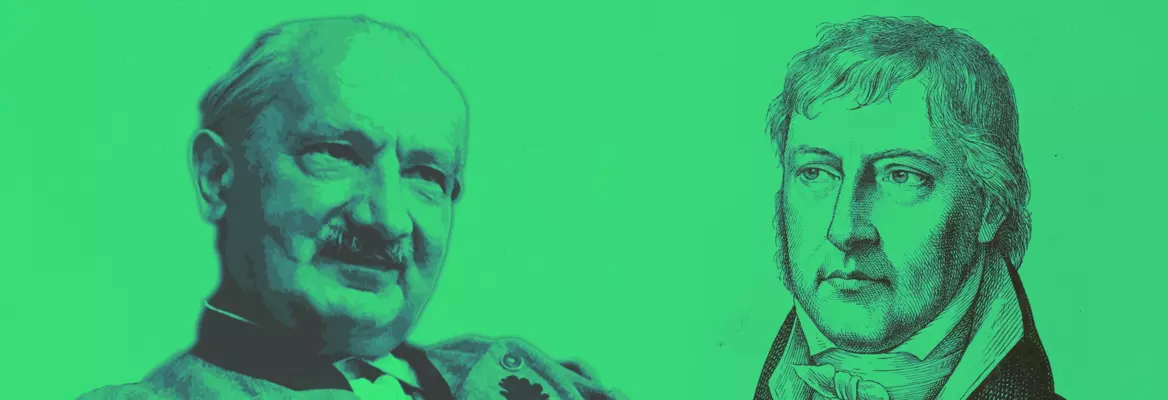




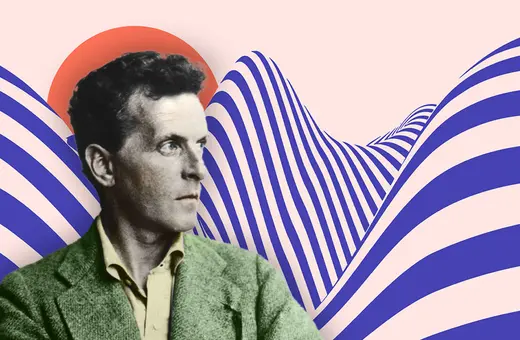



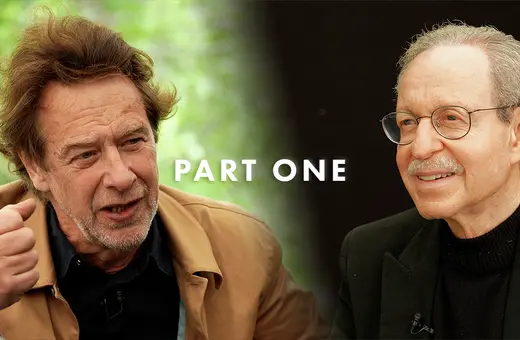
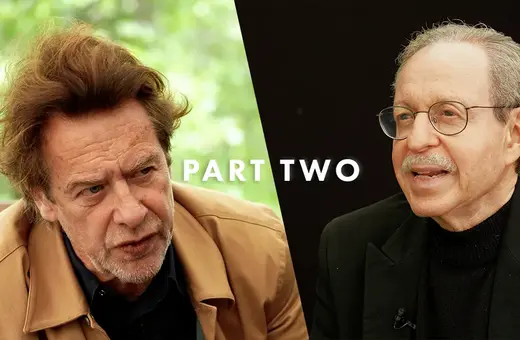
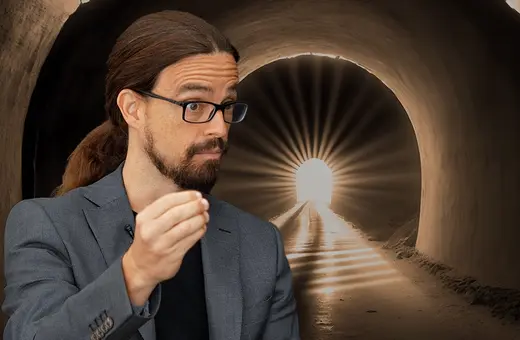

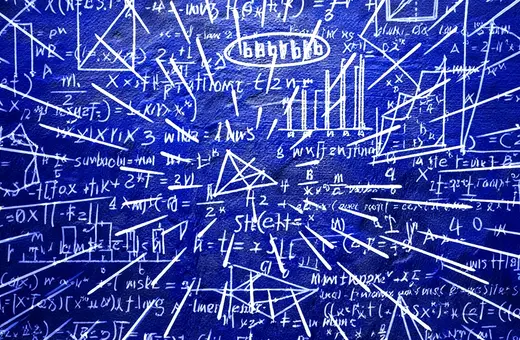
Join the conversation